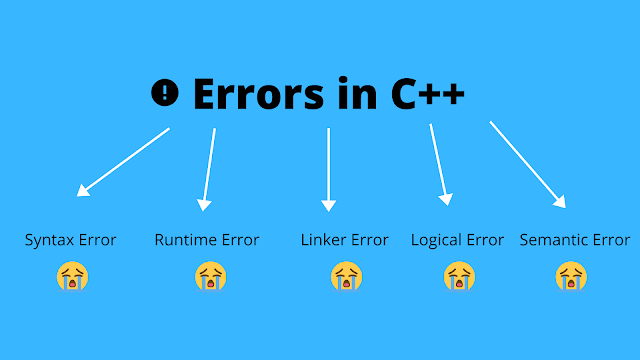Getting Started 😍
Getting Started:-
Writing our first program :
In this program, we covered the basic concepts of the Structure of the C++ program, Variables, Input and Output streams.
Structure of C++ Program:
int main():
- The void main() indicates that the main() function will not return any value, but the int main() indicates that the main() can return an integer type data.
- When our program is simple, and it is not going to terminate before reaching the last line of code, or the code is error-free, then we can use the void main().
#include<iostream>:
- It is the predefined library function used for input and output also called a header file.
- iostream is the header file which contains all the functions of program like cout, cin, etc, and #include tells the preprocessor to include these header files in the program.
using namespace std:
- Since its creation, C++ has gone through many changes by the C++ standards committee. One of the new features added to this language is a namespace. A namespace permits grouping of carious entities like classes, objects, functions and various C++ tokens, etc., under a single term.
- Different users can create separate namespaces and thus can use similar names of the entities.
- This avoids compile-time errors that may exist due to identical name conflicts.
Variables:
- A variable is an abstraction of a memory location.
- Allows programmers to use meaningful names and not memory addresses
- Variables have their Type(Integer, Real Number, String, Person, Account,...), Value(10, 3.14, "Name",...).
- Variables must be declared before they are used.
- A variable value may change.
- Naming variables can contain letters, numbers, and underscores.
- Must begin with a letter to underscore.
- It cannot begin with a number.
- Cannot use C++ reserved keywords.
- Cannot redeclare a name in the same scope.
- Remember that C++ is case sensitive.
- Be consistent with your naming conventions.
- myVariableName vs my_Variable_Name
- Avoid defining names with underscores.
- Useful meaningful names not too long and not too short.
- Never use variables before initializing them.
- Declare variables close to when you need them in your code.
Constants:
- Like C++ variables it has names, occupies storage, are usually typed. However, their value cannot be changed once declared.
- There are different types of constants like Literal constants, Declared constants, Constant expressions, Enumerated constants, and Defined constants.
Input and Output:
- cout: It is the standard output stream that is associated with the standard output device(monitor) and is used to display the output to users.
- cin: It is the standard input stream that is associated with the standard input device(keyword) and is used to take the input from users.
Section Challenge:
Create a C++ program that asks the user for their favorite number between 1 to 100 to read this number in the console.
- Suppose the user enters 24.
Then display following to the console.
- $Amazing!! That's my favourite number too!
- $Not really!! 24 is my favourite number!





Comments
Post a Comment